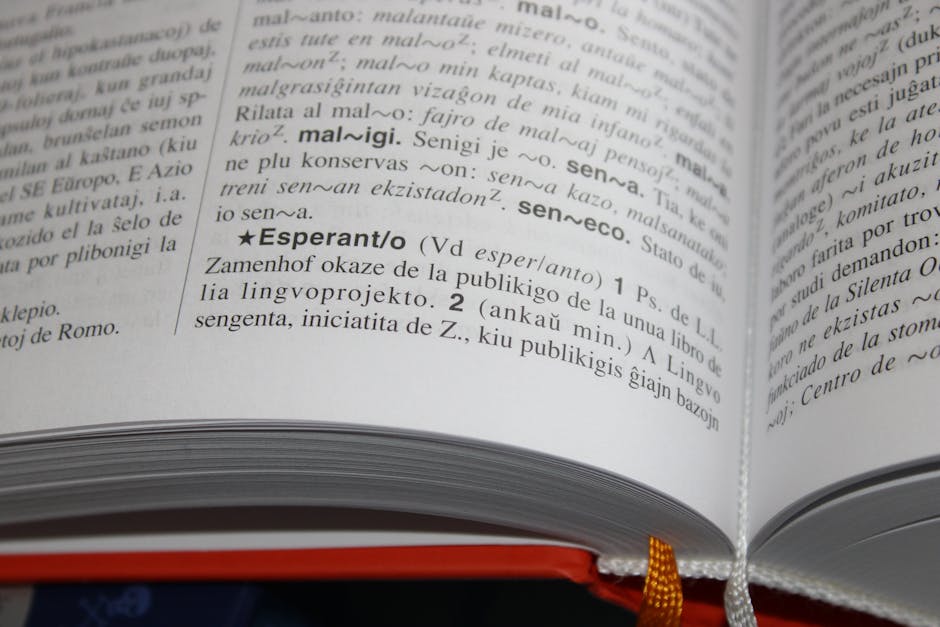Importance of Accurate Business Document Translation
Importance of Accurate Business Document Translation
Blog Article

In an increasingly interconnected world, the ability to communicate effectively across language barriers is essential for businesses aiming to thrive on a global scale. Accurate translation of business documents is vital not only for ensuring compliance with legal standards but also for fostering clear communication with partners, clients, and stakeholders from diverse linguistic backgrounds. This article explores the importance of precise business document translation, the types of documents that often require translation, and how to choose the right translation service for your needs.
Importance of Accurate Business Document Translation
Accurate translation of business documents is crucial for several reasons. First and foremost, it helps prevent misunderstandings that could lead to costly errors. For example, a mistranslated contract could result in legal disputes, while inaccurate marketing materials might not resonate with the target audience, impacting sales and brand reputation. Furthermore, in many industries, compliance with local regulations is non-negotiable. Proper translation ensures that businesses adhere to these regulations, avoiding penalties and maintaining credibility.
Moreover, effective communication through translated documents builds trust and strengthens relationships with international clients and partners. It conveys respect for the recipient's language and culture, setting a foundation for successful collaboration. Thus, investing in high-quality translation services is not just a matter of convenience; it is a strategic decision that can significantly influence a business's success in the global marketplace.
Common Types of Business Documents That Require Translation
Various types of business documents often necessitate translation, each serving a specific purpose in the operational and strategic framework of an organization. Some of the most common documents include:
- Contracts: Legal agreements require precise language to ensure that all parties understand their rights and obligations. Mistranslations can lead to significant legal ramifications.
- Marketing Materials: Brochures, advertisements, and websites need to resonate with local audiences. Effective translation not only conveys information but also captures cultural nuances that appeal to potential customers.
- Reports: Financial and business reports often include complex data and terminology that must be accurately translated to convey the intended message clearly.
- User Manuals and Technical Documentation: For companies in the technology and manufacturing sectors, translating user manuals is essential for ensuring customer satisfaction and product usability.
- HR Documents: Employee handbooks, policy manuals, and training materials should be translated to ensure that all employees, regardless of their language, understand company policies and procedures.
Choosing the Right Translation Service for Your Business Needs
Selecting the right translation service is critical to achieving high-quality translations. Here are some key factors to consider when making your choice:
- Industry Expertise: Look for a translation service that specializes in your industry. Understanding industry-specific terminology and context is essential for accurate translations.
- Qualified Translators: Ensure that the translators are not only fluent in the target language but also have relevant experience and qualifications. Native speakers with subject matter expertise often produce the best results.
- Turnaround Time: Consider the urgency of your translation needs. Some projects may require quick turnaround times, so it's essential to choose a service that can accommodate your deadlines without compromising quality.
- Quality Assurance Processes: A reliable translation service should have a robust quality assurance process in place, including proofreading and editing by additional linguists to ensure accuracy.
Maintaining Consistency and Quality in Translations
Once you have chosen a translation service, it is essential to maintain consistency and quality across all translated documents. Providing the translation team with glossaries, style guides, and reference materials can help ensure that the tone, terminology, and branding remain consistent throughout all communications. Regularly reviewing translated materials can also help identify areas for improvement and foster a collaborative relationship with your translation provider.
In conclusion, investing in professional business document translation is a strategic necessity for companies operating in a global marketplace. By understanding the types of documents that require translation and selecting the right service, businesses can enhance communication, build trust, and ultimately achieve greater success in their international endeavors. For more information on how to effectively manage your business document translation needs, you can explore resources provided by professional translation services such as Othello International.
Report this page